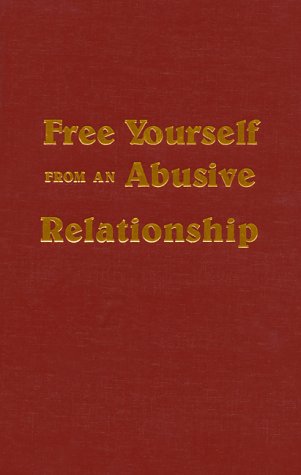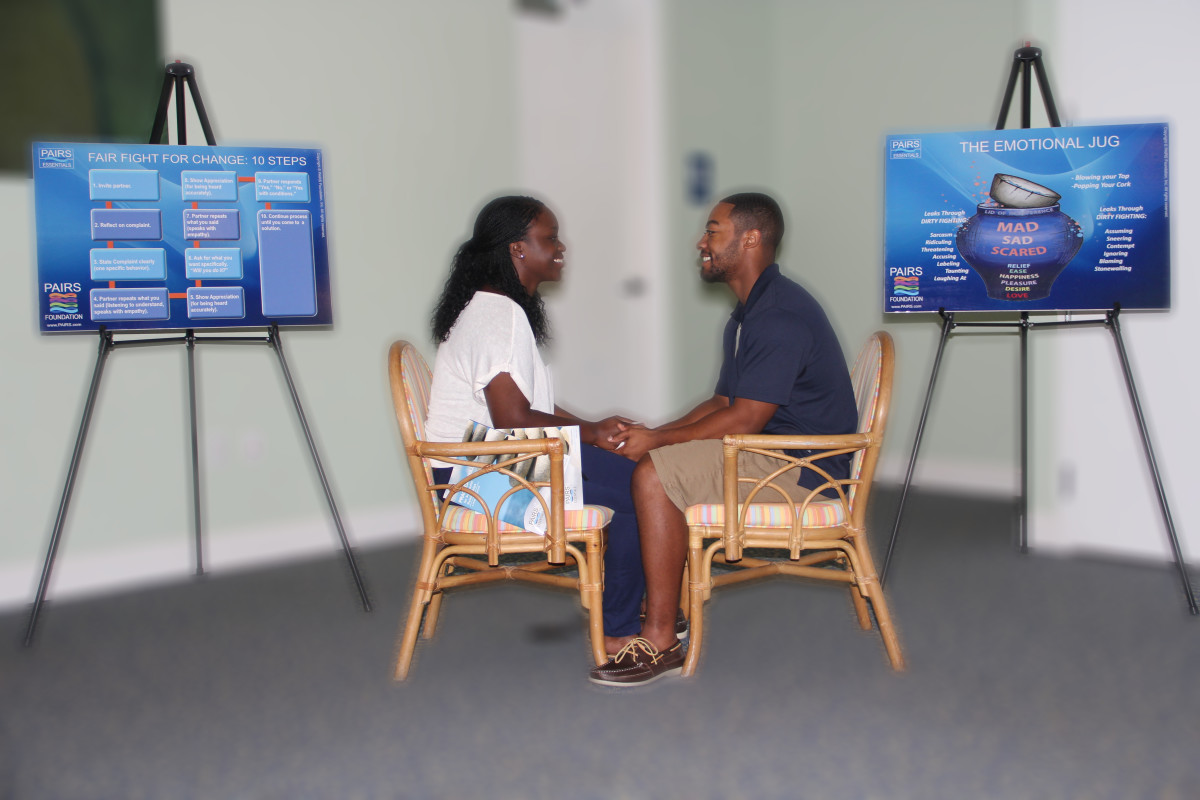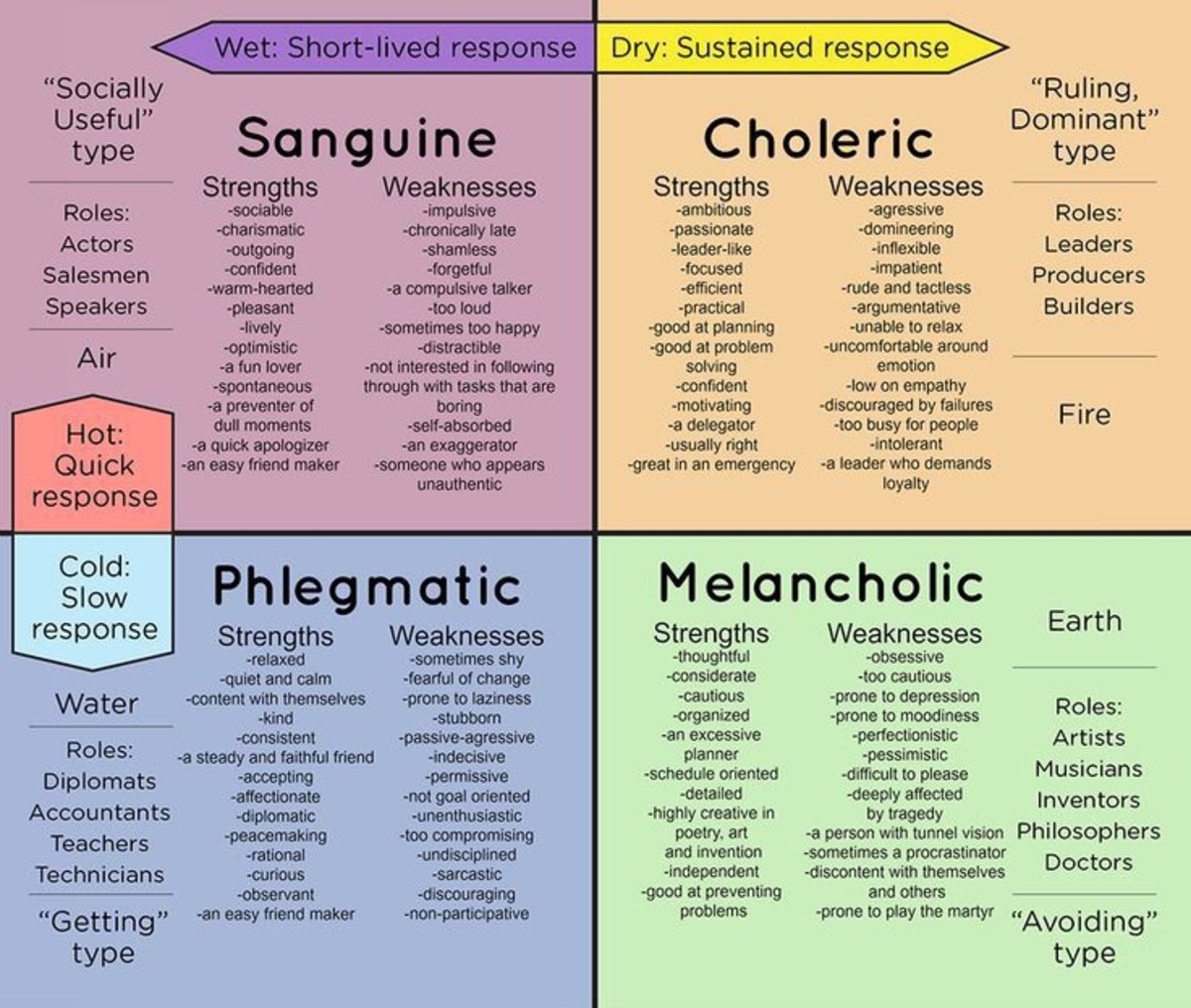Communication Problems: Teach Others How To Treat You
Do you allow someone to be abusive?
A writer asked: "How do I stop my sister from saying things that hurt my feelings? My sister is sometimes very rude to me on the phone. She likes to hurt my feelings. Should I just ignore her?"
I am a firm believer of the concept that we teach others how to treat us. Have you ever noticed that abusive people will behave abusively toward some but not all people? They do not speak abusively with those who have taught them there will be no reward in it. The communication between two people is a little like Pavlov’s dogs in the way people learn to treat each other. Positive and negative reinforcement determine the reward, and the reward will determine if a certain behavior should stop or continue.
We Teach People How To Treat Us- Christine Cashen

But I don't reward bad behavior!
I know you’re probably saying, “But I am not rewarding my sister when she speaks to me that way!” While it may be true that you are not dishing out compliments each time she is abusive to you, it is possibly that you are sending out positive reinforcement which is taken by her as reward. Positive reinforcement in this situation is usually very subtle- if you passively accept her behavior either by ignoring it or by continuing the conversation, such behavior will likely continue. If you confront the behavior and/or disengage, she will eventually perceive the negative reinforcement and no longer get the same reward from talking to you badly.
The way we communicate with others is something we have spent our entire lives learning how to do, and our worst habits can be a bugger! Old habits are hard to break. Even when we’ve accomplished some really good changes, those old habits sometimes creep in when we’re not paying attention. Especially in situations that have gone unchecked for many years, we may not even realize that it is a problem. Many people for example, who have grown up in an abusive family do not even recognize abuse in their current relationships.
YOU ARE THE TEACHER
Your sister needs to re-learn how to treat you, and the teacher is you! Let her know that it's not ok to speak to you rudely without consideration of your feelings. She will likely continue her bad behavior, which means you then need to let her know how serious you are by discontinuing conversations every time it happens. You may need to stop communicating for lengthy periods of time. You must be diligent in disengaging when she attempts to drag you down the old path of communication with her.
Disengaging from someone who is abusive can be a tough challenge, especially when it’s with a spouse or family member. To disengage, you need to detach emotionally and energetically. Take a time out. Disengage for as long as you need to. Maybe all that is needed is to change the subject, effectively disengaging a particular conversation trend. In some situations, a person may need to detach from the other person permanently. Unfortunately doing that is easier said than done when the other person is family, although I know many people who have done just that! Justifiably, it was the only way they could protect their health and I applaud them. Every person deserves to be treated well, and if someone cannot adhere to simple courtesies and show us respect, it is ok to move on and completely detach.
Ideally we can mend problematic relationships, and the first step is on us. We start by making an evaluation of the situation. Is the communication abusive, by either party? What are your personal boundaries? Meaning, what will you allow and what is absolutely off-limits? What are you willing to do to enforce each of those boundaries? Will you tell the other person, “I am not willing to listen to you speak to me in this way. We can try again when you are ready to talk to me with respect.”? Or will you take a temporary time out by changing the subject? What can you do to detach from a) the conversation and b) the person? Once you have taken a thorough inventory of the situation and/or relationship, you are ready to begin teaching others how to treat you.

LEARN TO RECOGNIZE ABUSE
Many of us are not sure what is actually abuse or simply poor communication. Though not a complete list, consider these signs of verbal and emotional abuse:
• Being critical and judgmental
• Argumentative, angry, impatient
• Blaming you for their behavior
• Hostility, unpredictable rages, jealousy
• Demanding, insisting that you do as they say
Verbal abuse is emotionally abusive, but emotional abuse is not always verbally abusive. Often emotional abuse is more subtle and more difficult to recognize as abuse.
• Silent treatment, especially combined with aggressive behaviors
• Criticism disguised as kindness or compliment
• Discounting other’s thoughts, feelings and opinions
• Overly nice to others but not to you
• No empathy toward others
• Pretending to be the victim; convincing others you are abusive
We cannot change others; that is up to them. But we CAN change what we are willing to put up with. That is the task we have in teaching others how to treat us. Treat yourself with respect and adamantly hold others to the same standard.
Looking for good books on this topic?
How do I know if my relationship is abusive?
view quiz statisticsAre you being abused? Contact the Abuse Victim Hotline:
- Abuse Victim Hotline - Free help and referrals for victims of abuse
Abuse Victim Hotline is a non-profit agency dedicated to helping victims of abuse by providing preliminary free advice, direction, and counseling.









